Preparing a study abroad application cannot lack the important step of completing the documents.Study abroad certificate tailored to each country and study program. From language, academic, and skills certificates to financial or medical documents, each country has its own standards for assessing the ability and readiness of international students.
I. Why are certificates important when studying abroad?
From the application preparation stage, university admission, scholarship application to visa application and post-enrollment integration, every step of the journey requires appropriate certificates. This is not only a proof of ability, but also a mandatory condition for being accepted to study in developed countries.
1. Prove academic competence
Academic and language certificates are the most obvious evidence of your ability to study abroad. Standardized tests such as IELTS, SAT, GRE not only assess knowledge but also measure analytical, critical and information processing skills, important abilities for studying in an international environment.
2. Visa application requirement
Study abroad certificates not only serve the purpose of admission but are also the main criteria when considering study abroad visas at embassies. Study abroad visas of many countries require language certificates (e.g. IELTS 6.0, TestDaF B2), financial proof or academic test results such as TestAS, GRE.
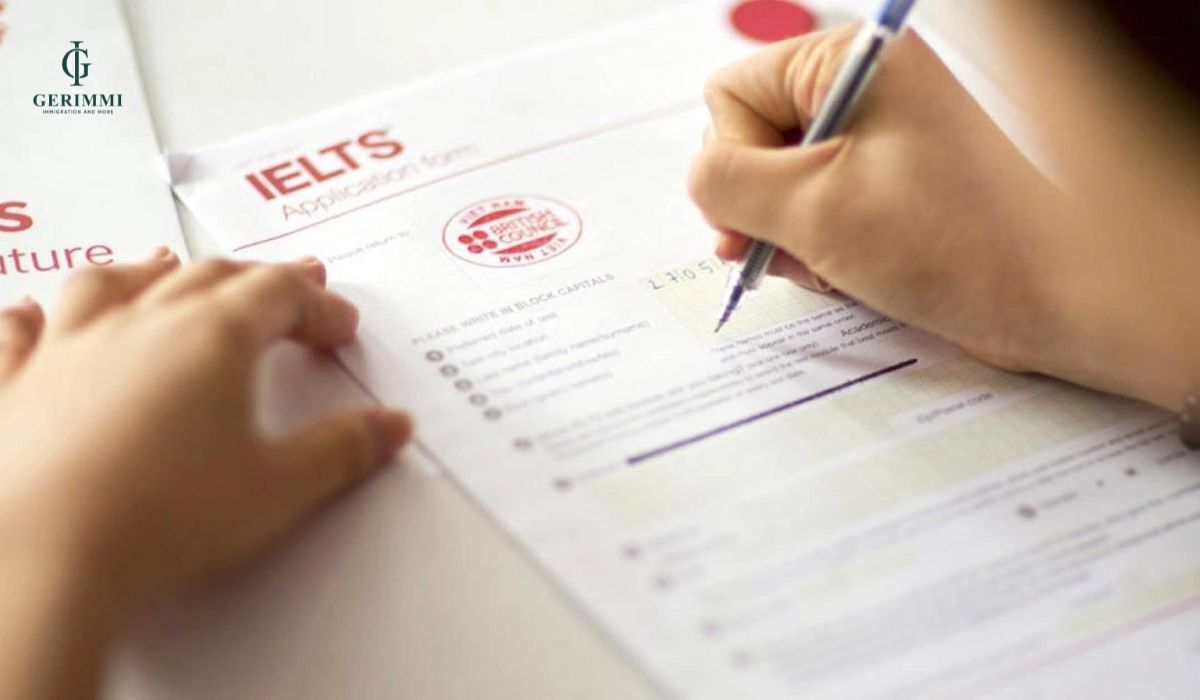
3. Guide suitable study path
Some certificates are designed to help students identify careers that are suitable for their abilities, such as the Studienkolleg entrance exam (Germany), or specific exams for Economics, Medicine, STEM. These certificates help schools assess professional abilities, thereby placing students in the right level of study program.
4. Boost competitive advantage
Study abroad profiles with many prestigious certificates such as IELTS 7.5+, SAT 1400+, GRE 320+, high TestAS percentile... always stand out and have the opportunity to be considered for admission faster, even receive a full scholarship. In addition, if you have additional soft skills or foreign language certificates such as French, Japanese, leadership skills...
II. Overview of common types of study abroad certificates
To be successful when studying abroad, you can't just have one type of certificate. Depending on the country and program, the certificates you need may include: language, academic, professional skills, and financial or health-related certificates.
1. Language certificates (English, German, Finnish, etc.)
- Goethe-Zertifikat, TestDaF, telc (German)
For students intending to study in Germany, German is an essential requirement for programs taught in the native language. The Goethe-Zertifikat is widely recognized and is divided into levels from A1 to C2. For entry to a university preparatory course (Studienkolleg), students usually need B1 or B2. For direct entry to university, you must have C1 and pass the TestDaF with at least 4 points in each section.
- IELTS, TOEFL, PTE Academic (English)
These are internationally recognised English language qualifications that are required if you are studying in an English-taught programme. Each country has different score requirements: the UK and Australia usually require IELTS 6.5+, the US uses TOEFL 80–100, and Canada may accept PTE. In addition, if you want a scholarship, you should achieve a score 1–1.5 bands higher than the minimum standard.

- YKI, JLPT, TCF, TOPIK (Other Languages)
Studying abroad in countries where the local language is spoken, such as Finland, Japan, France, or Korea, requires specific language certifications. For example, JLPT N2-N1 is the minimum standard if you want to study at a university in Japanese; similarly, TOPIK level 4-5 is required for full-time programs in Korea. These exams are not easy, so it is important to study early.
2. Academic Certificate
- SAT, ACT, A-Level, IB
These exams are primarily used for university admission in countries such as the US, UK, Singapore and Canada. The SAT tests reading, math and analytical writing, while the ACT also covers science. The A-Levels and IB are high-quality, globally recognized secondary education systems. Good scores on these exams can help you score points with top schools and increase your chances of getting a scholarship.
- GMAT, GRE
These are graduate-level academic tests, often required for MBA, Master’s in Economics, Finance, Data Science or Engineering applications. The GMAT focuses on Math and logical reasoning, while the GRE tests writing skills and academic vocabulary. The results from these exams are important when applying for scholarships or to prestigious programs.
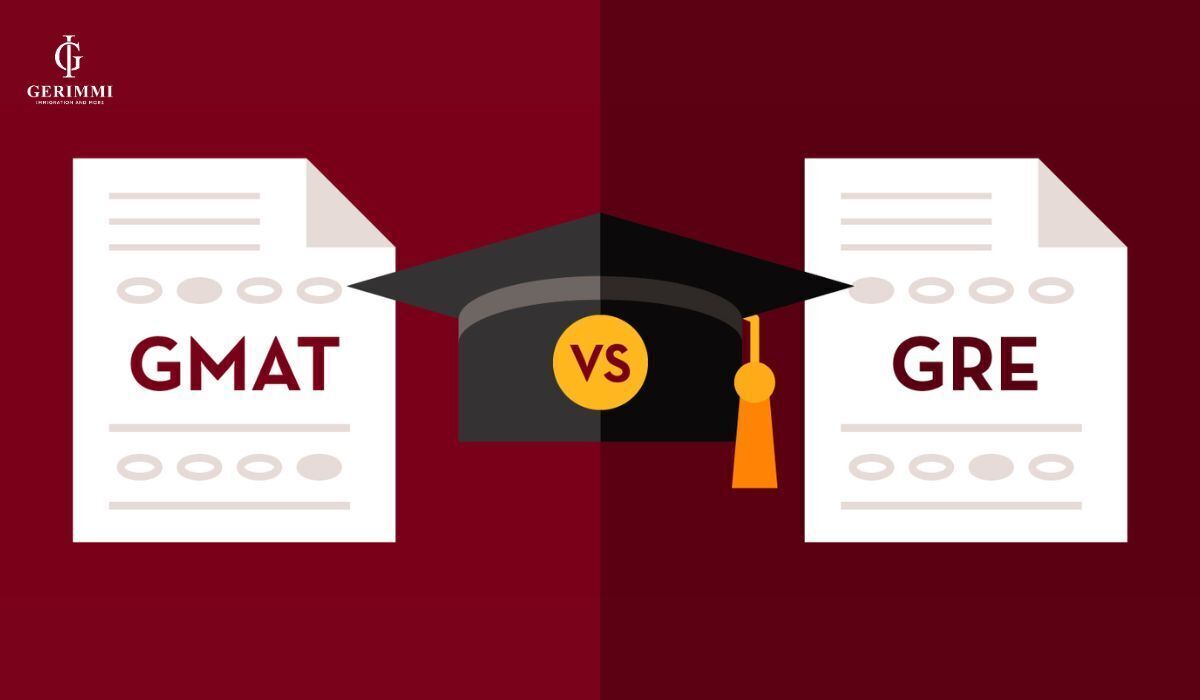
- Academic degrees and transcripts
In addition to international exams, you need to provide your high school diploma, university diploma and detailed transcript in your study abroad application. These documents must be notarized and translated, and sometimes need to be certified by an academic assessment organization such as APS (Germany). This is proof of your previous academic background and is a condition for the school to assess whether you are eligible for admission.
3. Skills/specialized exams
- ISAT - Australia
The International Student Admission Test (ISAT) is an entrance test for international students who wish to study medicine and health at some universities in Australia. ISAT assesses logical reasoning, critical thinking and problem solving skills. This test is required by prestigious universities such as the University of New South Wales, Monash University, or the University of Western Australia.
- YKI Test - Finland
YKI (Yleinen Kielitutkinto) is the official language certificate used in Finland. However, for students studying in Finnish, some universities also require you to pass a combined language and academic skills exam. This is to ensure that you can adapt to the modern education system in this country.
- TestAS - Germany
TestAS (Test für Ausländische Studierende) is an academic aptitude test for international students who want to study at a university in Germany. The test consists of two parts: a general aptitude test and a specialized knowledge test (Economics, Engineering, Sociology, Natural Sciences, etc.). Some German universities require students to have a good TestAS score to be admitted to a competitive program or to be exempted from the preparatory program (Studienkolleg).
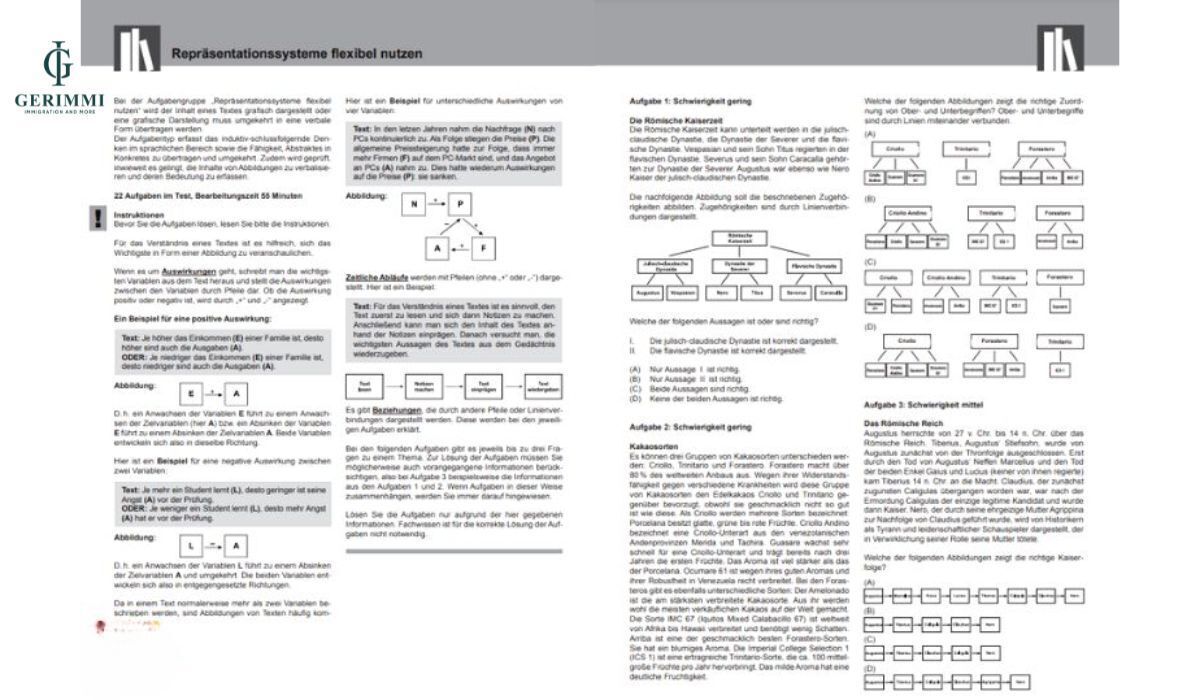
- HPAT - Ireland and Australia
The HPAT (Health Professions Admission Test) is a test for international students who intend to study medicine in Ireland or Australia. It focuses on assessing analytical thinking skills, empathy and medical situational awareness, factors that are not reflected in the regular academic exam.
- IELTS Life Skills / Skills for English - UK Visa
Although not academic, some study abroad programs or visas in the UK require basic life communication skills. IELTS Life Skills and Skills for English are tests that assess listening and speaking skills in a real-life environment, suitable for students studying foundation, vocational courses or short-term programs.
4. Other certificates (financial, medical, ...)
- Proof of funds
Each country has its own rules about the minimum amount of money you must have in your bank account (or blocked account). This is a mandatory condition when applying for a visa, to ensure that you can afford to pay your tuition fees and living expenses during your stay. For example, Germany requires proof of around 11,208 EUR/year, Australia requires 20,000 AUD or more.
- Health certificate & health insurance
Many countries require you to submit a general health check and proof of vaccination against infectious diseases. You will also need international health insurance or student insurance to be accepted for study and medical care abroad.
- Criminal record, resume
Some countries like Germany, Australia, and South Korea require a criminal record number 1 to ensure you have no criminal record. This is a necessary document when applying for a student visa, a work permit, or an internship while studying.
III. Required certificates for studying in Germany
When studying abroad in Germany, you need to carefully prepare language study certificates, academic accreditation, professional skills and finances to meet the school's entry criteria as well as visa requirements, and at the same time create a professional impression with the consulate.
- TestDaF or Goethe C1
These are two national German language certificates that demonstrate your ability to communicate in an academic and professional environment. Achieving a C1 level of German will help you easily participate in academic activities, research and part-time work in Germany.
- APS Certificate (Vietnam)
APS is proof that your academic records have been verified according to German standards and are eligible for a student visa, and also demonstrates the seriousness of the applicant to the school and consulate. Without APS, your study abroad application cannot be considered to be submitted to German universities.
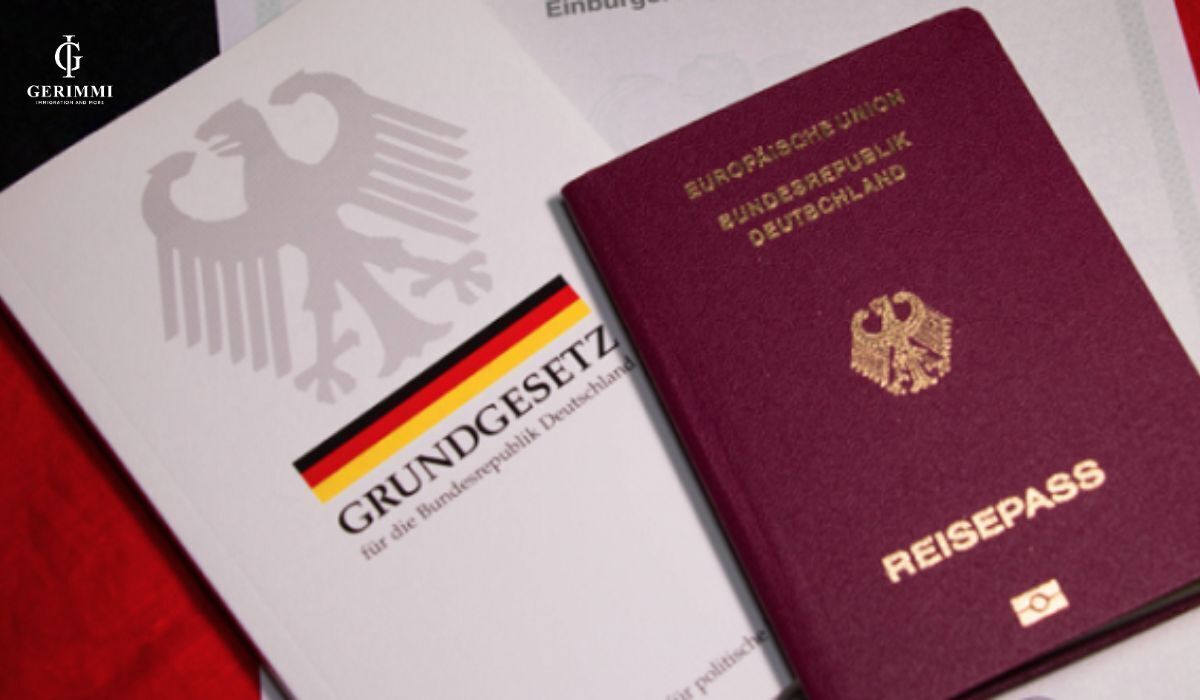
- TestAS (if required)
The test helps German universities assess your academic thinking and ability to acquire knowledge in a specialized field of study, which is especially important if you do not qualify for direct admission. Good results can also give you an advantage in applying for scholarships and direct admission to university without having to take a preparatory course.
- Financial Proof - Sperrkonto
Opening a blocked account helps you prove your financial capacity in Germany according to regulations of about 11,208 EUR/year and is an indispensable condition when applying for a visa. The consulate considers this as a measure to ensure that you can be independent without depending on external funding sources.
IV. Required certificates for studying in Finland
Finland is increasingly attracting international students thanks to its flexible education programs and high-quality living environment, but a study permit is still a prerequisite for completing the application. If you do not have the appropriate certificate, you may be delayed or denied admission, even if you meet all other criteria.
- IELTS/TOEFL
These are widely accepted English language qualifications for English-taught programmes, which will help you enter university in Finland. Achieving a high score will not only help you qualify for your studies, but will also make a positive impression when applying for scholarships or visa interviews.
- YKI (for Finnish)
When choosing to study in Finnish, you need to pass the YKI exam to prove your ability to use the language in academic and student life. The YKI result will help you avoid having to take additional language courses at school or take additional courses. Possessing this study abroad certificate is a clear proof of your long-term commitment to Finland.
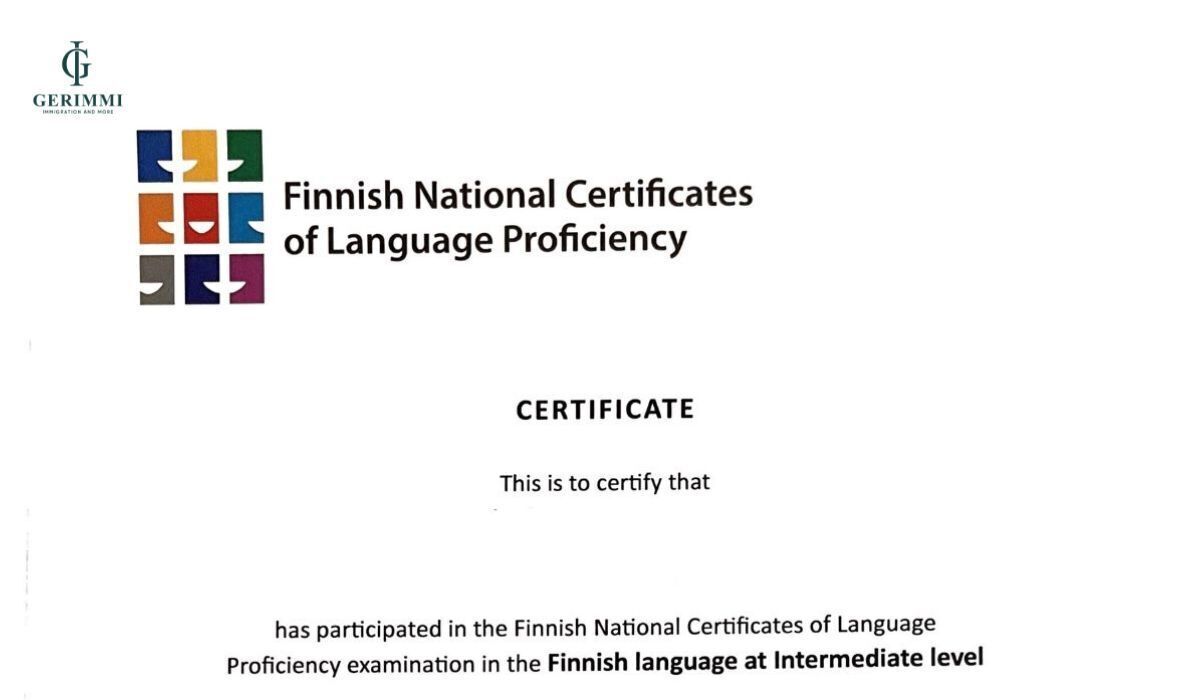
- Notarized Degree & Transcript
You need to submit your full transcript and high school or university diploma, along with a translation and notarization according to Finnish study abroad regulations. Some schools also require equivalency certification from the Finnish education authority to ensure entry standards.
- Residence permit + financial proof
International students need to apply for a residence permit if they are studying for more than 90 days, along with proof of financial resources such as a savings book, bank account or scholarship. This ensures that you can live, study and support your youth well when integrating into Finnish society. These two important study abroad certificates help you avoid legal problems and increase your credibility during your studies.
V. Required certificates for studying in Australia
Australia has a diverse education system, with many options from university to vocational training, but the study abroad application requires a well-prepared certificate to meet strict regulations from both the school and the Australian government. The two factors of language certificate and legal profile are usually the first steps you must complete.
- Year 12 Diploma or equivalent
A Year 12 certificate or a Grade 12 certificate is a required overseas study certificate for admission to an undergraduate program. If you do not have an equivalent degree, you can join a Foundation Program to improve your knowledge before officially enrolling.
- IELTS/TOEFL/PTE Academic
These international English certificates are important proof of study abroad, helping you qualify for admission to most Australian universities. Some engineering, medicine, dentistry courses also require higher scores or accept PTE to have more flexibility in choosing the test.
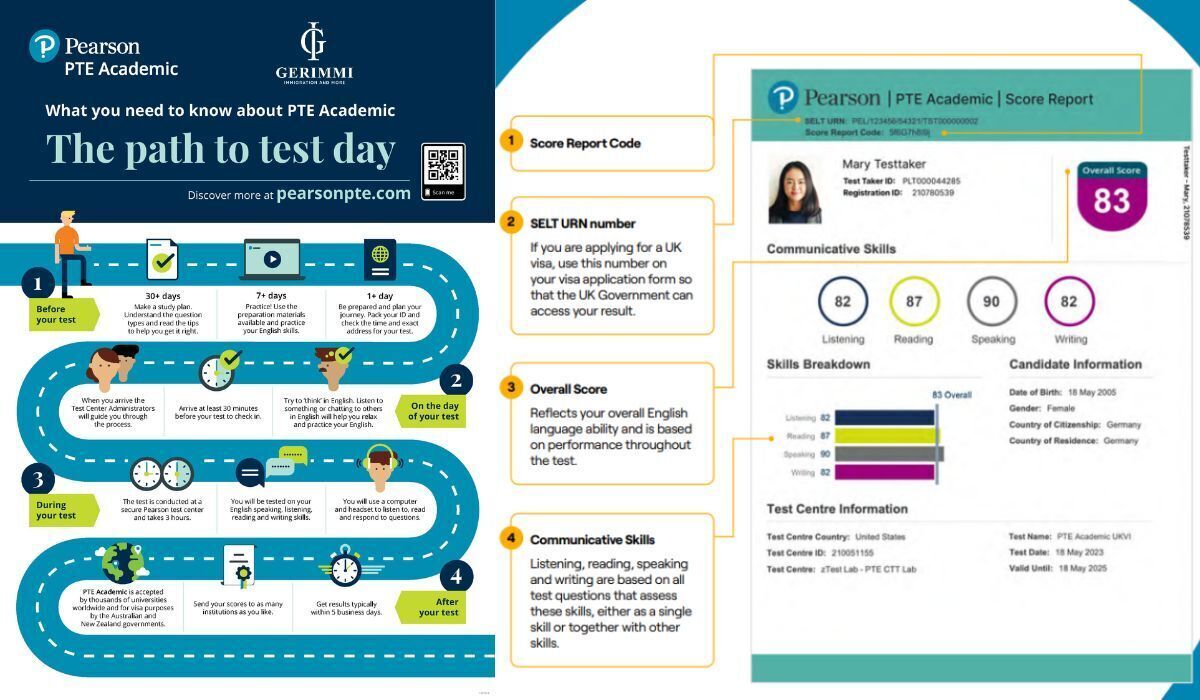
- Confirmation of Enrolment (CoE)
This is a document confirming that you have been accepted by the school and have paid at least part of the tuition fees. The CoE is one of the most important documents for you to apply for an Australian student visa (subclass500 visa). Once you have the CoE, you can confidently proceed with the next steps such as buying a plane ticket and finding accommodation.
- Overseas Student Health Cover (OSHC)
Overseas Student Health Cover must be purchased before you receive your visa to ensure you have access to health services in Australia. Failure to obtain OSHC may result in your visa being delayed or not granted, resulting in additional time and expense.
VI. Required certificates for studying in the USA
Studying in the US requires careful preparation of documents from language certificates, academics to accompanying legal procedures, helping you fully meet the requirements of schools and the US government. A high-quality study abroad certificate is a stepping stone for you to get closer to your dream of studying in the US.
- IELTS/TOEFL
This is the language standard for schools to evaluate the ability to absorb lectures and communicate academically, and is an indispensable part of the study abroad application. Depending on the program, some schools also require certificates such as Duolingo English Test, but TOEFL and IELTS are still the most popular choices.
- SAT/ACT (undergraduate)
SAT and ACT are standardized tests that assess the general knowledge of high school students and are required certificates for studying abroad at university level in the US. High results in these exams increase your chances of receiving scholarships and being admitted to prestigious schools.
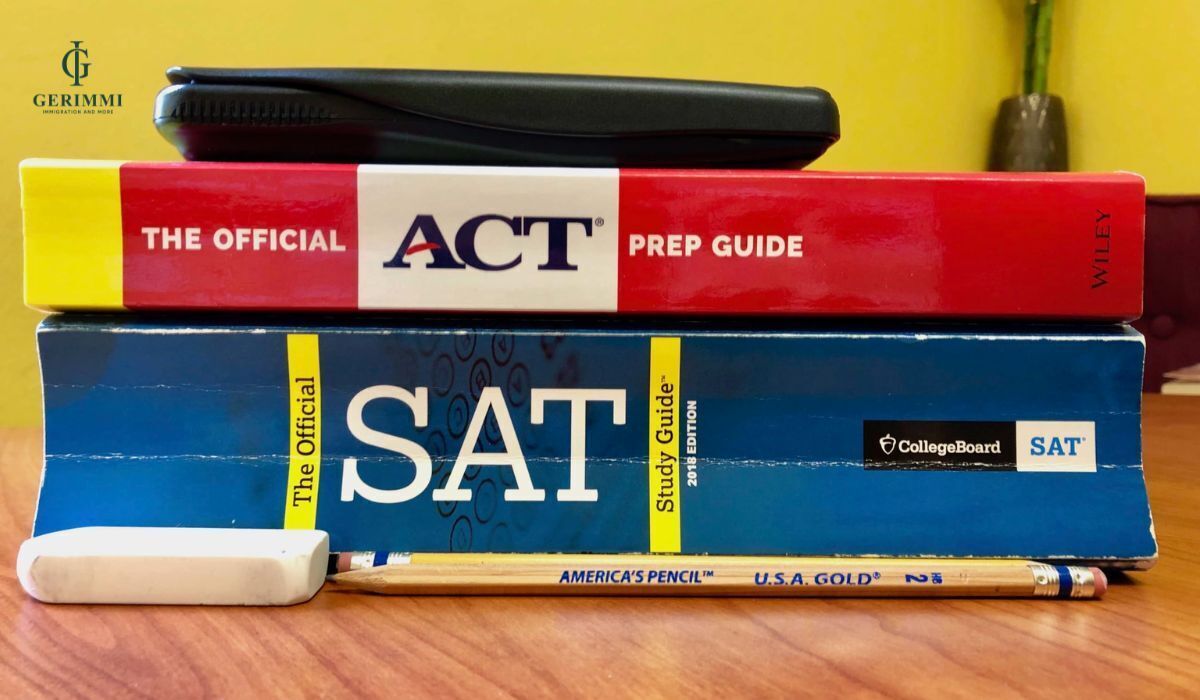
- GRE/GMAT (graduate level)
This certificate is required for Master's and PhD programs in the US, especially in business and engineering. Having a high GRE/GMAT score helps impress the admissions committee and increase the competitiveness of scholarships.
- Form I‑20 and F‑1 visa
Once you are accepted into a US school, you will receive an I-20 form and use it to apply for an F-1 visa - the most important legal form of study abroad. This form proves that you are a valid student, have sufficient funds, and are committed to returning home after completing your studies.
VII. Notes when preparing study abroad certificates
- Choose the right certification
Avoid taking a certification that does not match the entry requirements of your chosen school or career, so as not to waste time and money. Each country and level of education has its own regulations on the type of certification required, so you need to research carefully. A clear certification plan will help you prepare more thoroughly and save time.
- Plan your review early
Starting to prepare for the certificate at least 6-12 months before the application deadline will help you improve your score and avoid time pressure. Taking the test early also gives you time to re-register if you do not meet the requirements. A good result in the study abroad certificate will also help you feel more confident when continuing your application process and choosing the right study program.
- Accurate translation & notarization
Study abroad certificates must be translated into English (or the language of the country of study), then notarized according to consular regulations to avoid being returned. A mistake in the document, a stamp or a poor quality scan can lead to the application being rejected or having to be supplemented.
- Update visa certificate requirements
Immigration laws and requirements can change from year to year, so you should check with your embassy and school to see exactly which certificates are still valid. Preparing your application with the latest version will help you avoid the risk of visa refusal even though you meet the original certificate.
Conclusion
Study abroad certificates are not only paperwork but also a measure of your ability, seriousness and adaptability to the international learning environment. Preparing the right type of certificate, at the right time and according to the latest updated requirements will help your study abroad journey go more smoothly, minimizing risks when reviewing documents and applying for a visa.

